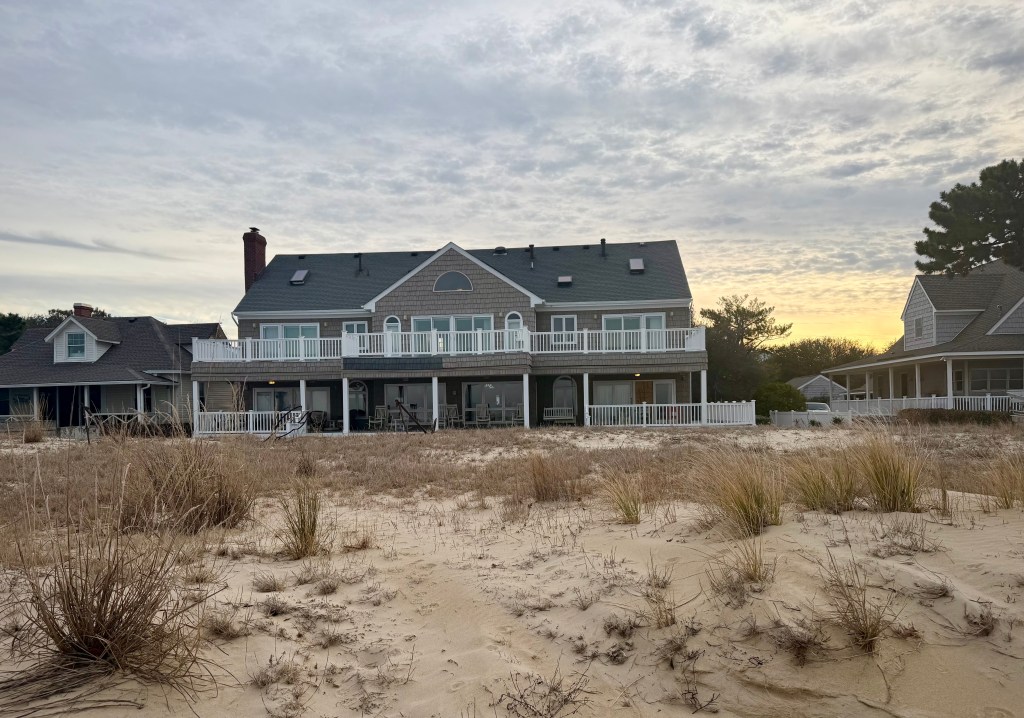F
ive years after opening its doors to investors, the Clarion Real Estate Income Fund (CPREX) has amassed $800 million in assets under management. This private real estate fund, managed by Clarion Partners and Franklin Templeton, invests in a mix of private debt and equity, targeting single assets, commercial property portfolios, and publicly traded real estate securities.
Unlike Blackstone's BREIT, CPREX doesn't charge performance fees, maintains a low leverage ratio for liquidity purposes, and uses an independent third-party appraiser to value its properties monthly. The fund boasts a 97% portfolio occupancy rate and has generated an annual return of 9.1% since inception.
Commercial Observer sat down with Brent Jenkins, a managing director at Clarion Partners who works exclusively with CPREX, and Rick Schaupp, the fund's portfolio manager, to discuss their investment strategy and market outlook.
CPREX was created as part of Clarion Partners' strategic vision to diversify its investor base. The firm recapitalized itself eight years ago, partnering with Franklin Templeton Investments, and has since expanded its reach into private wealth management. Schaupp explained that the fund's democratization is about bringing private real estate investing to a broader audience, leveraging technology and valuation expertise to provide competitive fees.
The CPREX fund aims to provide a mix of income and capital appreciation through direct investments in private real estate. Jenkins noted that the fund has flexibility in its investment approach, allowing it to invest in both equity transactions and debt, such as direct lending. This strategy has enabled the fund to capitalize on higher interest rates and inflation.
The fund's structure is designed to maximize access points across various markets, with a core/core-plus strategy focused on well-leased, well-occupied properties. Jenkins emphasized that CPREX maintains low leverage, which has been beneficial in the current high-interest-rate environment. The portfolio is diversified across asset classes, including for-rent residential and industrial warehouses.
Schaupp highlighted the importance of liquidity in the fund's structure, with a quarterly tender process allowing investors to redeem up to 5% of their holdings. He also noted that CPREX has a $125 million credit line invested in commercial mortgage-backed securities (CMBS) and residential mortgage-backed securities (RMBS), providing a liquid sleeve for the fund.
When asked about the trend of individual investors accessing private real estate, Schaupp attributed it to advancements in technology, valuation processes, and distribution networks. Jenkins added that real estate offers low correlation, low volatility, and strong income, making it an attractive asset class for investors seeking better risk-adjusted returns.
In differentiating CPREX from competitors like Blackstone's BREIT, Jenkins pointed out the fund's 2019 vintage, which allows it to invest in a post-COVID world with elevated interest rates and inflation. He also highlighted the fund's low leverage and flexible investment mandate, enabling it to capitalize on both equity and debt opportunities.
Schaupp emphasized that CPREX's `40 Act structure provides daily valuation, stringent valuation policies, and competitive fees, setting it apart from nontraded REITs. Jenkins noted that demographics, particularly the aging baby boomer generation and growing millennial households, are driving trends in residential and industrial warehouses. Schaupp added that interest rates have peaked, inflation has moderated, and the soft-landing economy makes it a good time to invest in private real estate.
Finally, both Jenkins and Schaupp offered advice for investors: be steady and think long-term, don't react to short-term trends, and invest strategically.














